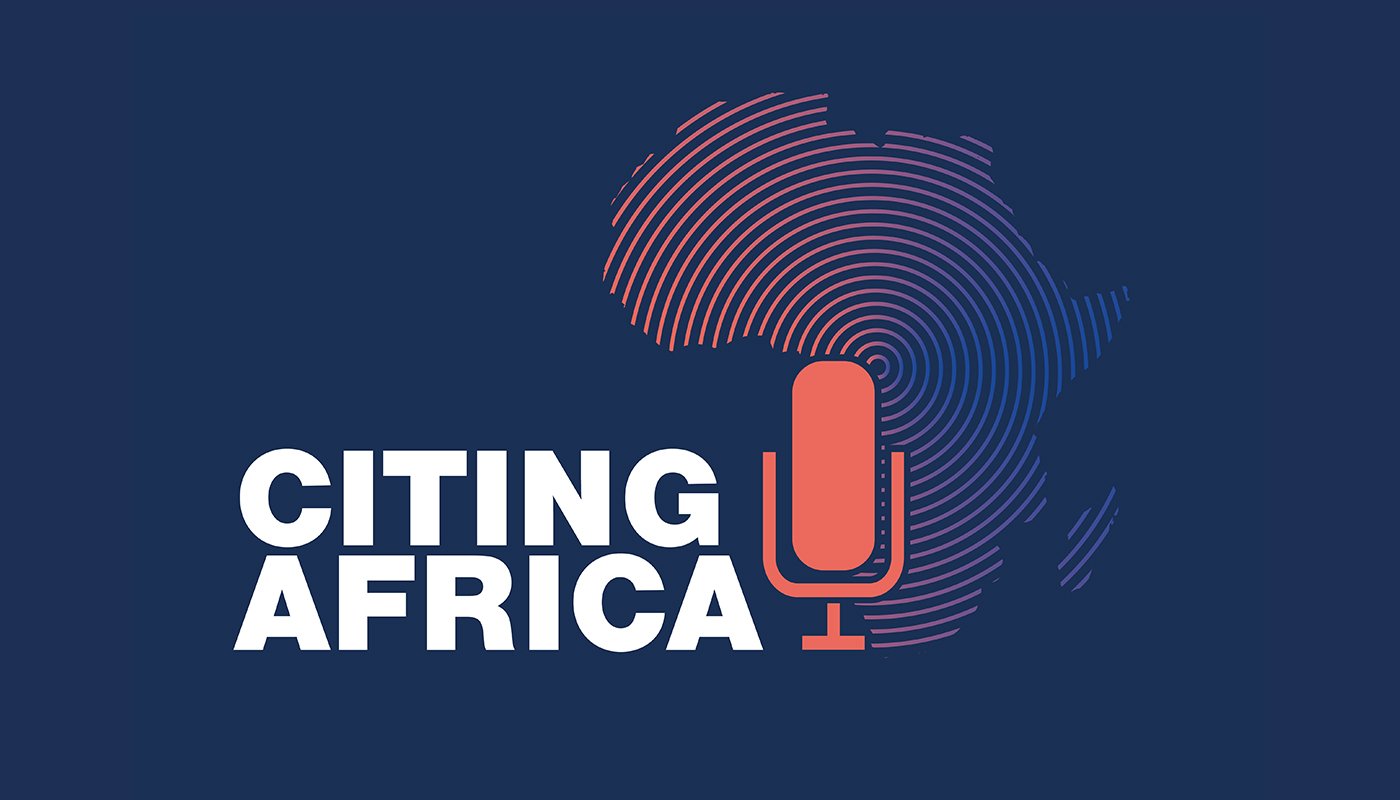After a break due to summer term assessments, the Can You Hear Us? podcast is happy to be back with a new theme: Race in Academia, where we aim to highlight both academics and students’ perspectives as women and femmes of color within the sector. In the first of a two-part series, Ana Carolina Muñoz-Morales and Kiana Shahbazi interview Dr Mahvish Shami, co-director of the Development Management program here at the LSE, and Shingira Masanzu a PhD student from the LSE’s department of Law. Together they bring their insights on challenges faced both in in and out of the academic world and in the sphere of international development.
“When Ngozi Okonjo-Iweala was made head of the WTO, there’s this mass celebration about finally a person from Africa is head of the WTO […], but it is in 2021 that we are getting excited about a black person right in the WTO, that to me speaks to the structural thing, to think about who is occupying positions of leadership in powerful institutions.” – Shingi Masanzu
“For me the project of decolonizing is asking questions around what voices, ideas and perspectives have dominated the space and what voices have been obscured, [..] and how do we swivel some light to pay attention to those voices that we have not heard.” – Shingi Masanzu
“I am a woman of color, but I am also an LSE staff member, part of the LSE community, I am also a big fan of modern-popular-movies I also like a certain kind of music. All these identities allow me to relay to different kinds of groups and position myself into different categories.” – Dr. Mahvish Shami on positionality based on Sen’s “Identity and Violence” (2007)
“You guys come from all over the world, you are aware of all sort of different ideas and literatures and voices out there that we may not know, so that’s how you can play a major role [decolonizing academia]: you could bring it to our attention, you could bring it to your seminars, you could take it to your lectures […] I think a lot of students underestimate how important their background is and the knowledge they bring to the classroom.” – Dr. Mahvish Shami
Can You Hear Us? is a podcast by Monica Abad Yang, Madiera Dennison, Ana Carolina Muñoz-Morales and Kiana Shahbazi in partnership with the LSE’s first society dedicated to Women of Colour in Consulting (WoCo), created by the 2020/21 Cohort. Tune in every other Thursday on Apple, Spotify, SoundCloud or wherever you get your podcasts.
The views expressed in this post are those of the author and in no way reflect those of the International Development LSE blog or the London School of Economics and Political Science.





